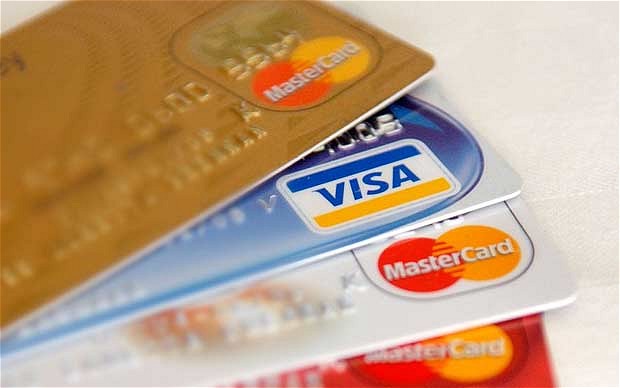PPI claimants ‘under compensated by up to £1bn’
Specialists say banks and credit score card firms have failed to account for regular monthly costs brought on by Payment Protection Insurance 
Photograph: Alamy
Shoppers who had been mis-sold Payment Protection Insurance coverage (PPI) on their credit cards may have been refunded much less funds than they are owed, it has been reported.
Authorities have predicted that a £1-billion shortfall in refunds to PPI customers has arisen from banks failing to repay the costs triggered by the service’s extra premiums.
In accordance to the BBC , credit score card holders with Lloyds Banking Group, Barclays, MBNA and Capital One particular are possibly owed thousands of lbs in further compensation.
They declare that the sum refunded must be increased in instances the place added expenses have been connected to a cardholders bill due to the premiums of mis-offered PPI policies.
Banks have historically repaid the cost of the PPI policy plus interest, in line with the regulators guidance, but some have failed to contain fees triggered by the controversial insurance coverage.
For instance, if a cardholders PPI payments push their month-to-month bill beyond their established credit agreement, banks might have placed expenses or fees on the bill to penalise the client.
In accordance to specialists, it is challenging to estimate exactly how considerably added compensation could be owed and the duty to declare the big difference lies with buyer.
Cliff D’Arcy, a former banker and PPI professional, advised the BBC: “I am assured that the figure will be somewhere in the region of £1bn of additional compensation.
“It’s due to the fact banks have been charging extremely substantial penalty fees, very high charges of curiosity on borrowing and some of these claims go back decades. So it just compounds and multiplies to a extremely large quantity.”
The Monetary Ombudsman Service, which guidelines on disputed compensation claims in between customers and banking institutions, explained the extra expenses need to have been refunded.
Principal Ombudsman Caroline Wayman stated: “If a charge is the end result of the mis-sold PPI, it ought to be provided back, and if it’s not incorporated, that would be a blunder.
“Any widespread failure to carry out appropriate calculations would most undoubtedly be disappointing.
She extra: “If you’re not happy with the answer, carry it to the ombudsman and we can see what we can do.”
Each of the four banking institutions concerned declare to have to produced each energy to make certain the correct sum of compensation is paid to consumers, but some have refused to comment on how that compensation is calculated.
A spokesman for Lloyds Banking Group stated: “When a customer lets us know that they may have incurred other charges simply because of their PPI policy, we will investigate and make an appropriate refund.”
Barclays acknowledged past failures and pledged to introduce a new, “enhanced” strategy, which “will allow us to move from a month to month to a cumulative evaluation of costs”.
MBNA admitted its assessment of regular monthly PPI payments excluded the vast majority of charges and costs but claimed the methodology had been reviewed and was correct.
The BBC reported that Capital One particular declined to comment on how compensation was calculated, incorporating: “We aim to pay redress that puts the customer back in the place they would have been in if they had not had PPI.”
PPI is an insurance on credit score cards or loans that was developed to shield customers against getting unable to make their repayments in specific circumstances.
The Fiscal Services Authority ruled that the policies had been often mis-offered, with many banks and credit score card firms misleading customers into taking out PPI unnecessarily and without having understanding the support.
An estimated 16 million PPI policies have been mis-offered because 2005 and compensation by banking institutions averages around £3,000 per claimant.
The complete value of repayments to banks and credit score card firms is now far more than £22 billion.
